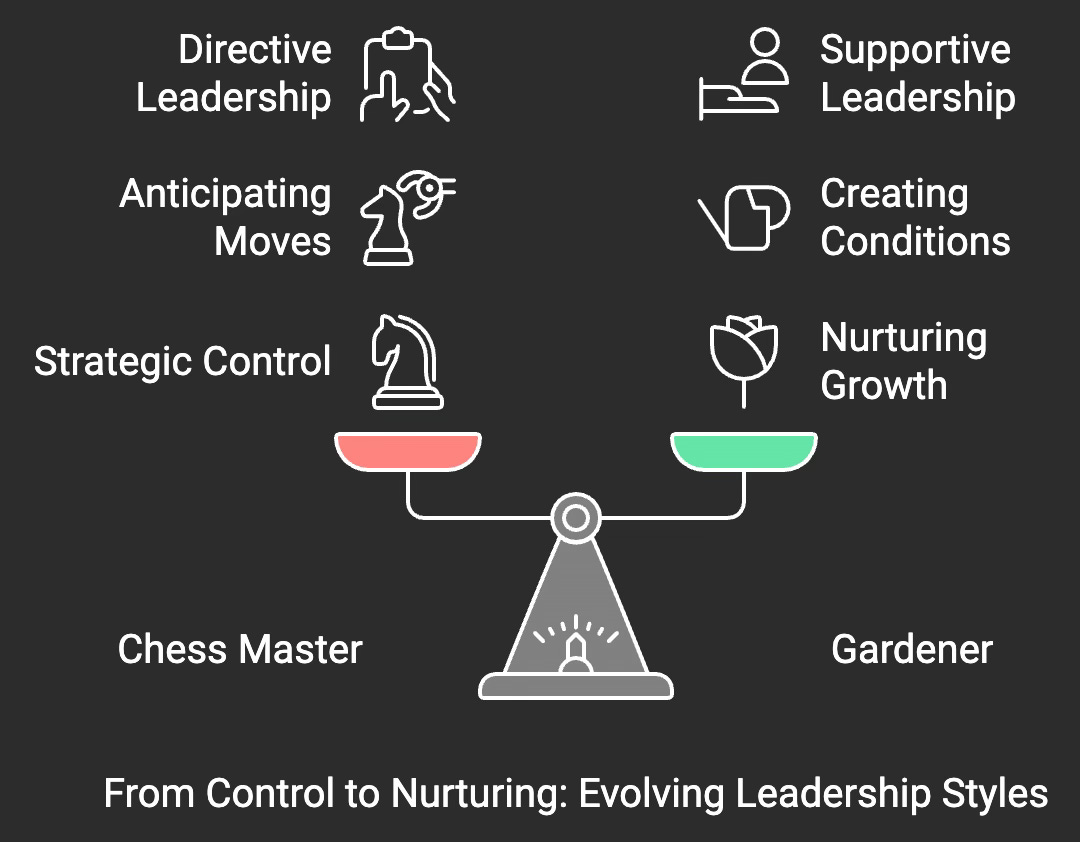As leaders, we must pivot our focus towards cultivating a culture that not only adapts to change but thrives in it. This means placing culture before strategy, understanding our purpose—the "why"—and empowering our teams to make decisions at the edge, where information is most immediate and impactful. As the best strategy won’t succeed, if the foundational culture is not solidly established.
I’ve led small and large teams, from startups to Fortune 50s. Early in career my culture was implicit, established by the personality of myself and my co-founders, but to scale you have to get explicit. Making clear what is expected within the team.
Culture Eats Strategy for Breakfast
The famous saying by Peter Drucker, "Culture eats strategy for breakfast," resonates now more than ever. Culture is the lifeblood of an organization; it shapes behaviors, influences decisions, and ultimately determines success. A well-crafted strategy can falter if the underlying culture doesn't support it.
I was reminded of this during a visit to the iconic TWA Hotel at JFK Airport. The mid-century modern design of the space wasn't just aesthetically pleasing; it embodied a culture of innovation and a forward-thinking mindset. Just as the architects sought to transcend the constraints of the past, we too must foster a culture that encourages our teams to challenge the status quo, adapt to change, and innovate to stay ahead.
The Power of Purpose: Starting with Why
Understanding and communicating the "why" behind our actions is crucial. A shared purpose unites teams, transcending individual tasks and fostering a sense of belonging and commitment. When teams understand the bigger picture, they're more motivated and engaged.
Reflecting on my experience with General Stan McChrystal's "Team of Teams" framework, the emphasis on common purpose stood out. By uniting people around a shared mission, we break down silos and encourage collaboration. This approach was instrumental when my team at Intel seamlessly transitioned to remote work at the onset of the pandemic without missing a beat in productivity.
Empowering Teams at the Edge
Empowerment means entrusting teams to make decisions where they have the most information—at the edge. This decentralization accelerates decision-making and fosters a sense of ownership. However, empowerment doesn't mean a free-for-all; it requires democratized information and clear process guardrails to ensure alignment with organizational goals.
SpaceX exemplifies this approach. Their culture of bold ambition, rapid experimentation, and learning from failures enables teams to iterate quickly and innovate. By embracing calculated risks and providing teams with the necessary information and autonomy, SpaceX pushes the boundaries of what's possible.
Embracing Constraints and Challenges
Constraints aren't obstacles; they're catalysts for growth and mastery. Standing on the hill above Gustaf III Airport in St. Barths, watching pilots navigate one of the world's most challenging runways, I saw firsthand how limitations demand precision and skill. Similarly, when we face constraints as leaders, we're compelled to think creatively and push beyond perceived limits.
This mindset shift—seeing constraints as opportunities—requires us to approach challenges with curiosity and adaptability. By reframing limitations, we foster a culture of continuous improvement and boundless potential.
Agile Teams and Adaptability
In today's fast-paced environment, agility is paramount. Teams must be able to adapt quickly to new information and changing circumstances. This requires a culture that not only accepts change but embraces it.
Reflecting on my journey into dance photography, stepping out of my comfort zone taught me the value of vulnerability and adaptability. Collaborating with a professional dancer, I had to slow down, listen, and adapt to capture the decisive moment. This experience reinforced the importance of being open to new ideas and approaches—a principle that applies directly to leading agile teams.
From Chess Master to Gardener
Traditional leadership often mirrors the role of a chess master—strategically controlling every move, anticipating opponents, and directing each piece toward a calculated endgame. While this approach has its merits, today's dynamic environment calls for a different metaphor: the gardener.
As leaders, we are less like chess masters dictating moves and more like gardeners nurturing growth. A gardener doesn't pull each leaf into place; instead, they cultivate the right conditions—rich soil, proper sunlight, and adequate water—for plants to thrive naturally. Similarly, our role is to create an environment where teams can flourish, innovate, and reach their full potential.
This involves:
Cultivating Trust: Building confidence and psychological safety so team members feel valued and heard. Trust is the fertile ground in which ideas take root.
Sharing Information: Ensuring transparency and access to information so teams can make informed decisions. Just as sunlight reaches all parts of a garden, information should permeate every level of the organization.
Empowering Execution: Allowing teams to shape their work and environments within clear guidelines. Give them the tools and autonomy to grow in their own unique ways.
Encouraging Vulnerability and Collaboration: Promoting an open culture where every voice matters and collaboration leads to the best outcomes. In a garden, diverse plants coexist and support each other, creating a richer ecosystem.
By adopting the gardener's mindset, we shift from controlling every action to fostering an environment where teams are empowered to make decisions, innovate, and adapt. We focus on setting the conditions for success rather than dictating the path to get there.
Leadership demands a culture-first approach. By prioritizing culture first, understanding our purpose, and empowering teams at the edge, we create high performing teams that are not just resilient but are poised to excel in the face of uncertainty.
Embrace constraints as opportunities. Foster agility and adaptability. Shift from being the chess master to being the gardener—nurturing growth rather than dictating moves. Allow the whole team to flourish in decision making. In doing so, you'll cultivate a culture that doesn't just eat strategy for breakfast—it sets the table for innovation, collaboration, and sustained success.










Establishing and maintaining a healthy culture, with servant leadership and a focus on the success of the individual, has lead to all the success in my team building. It also helps with hiring - hire for the fit, help teach the skills. Someone that's an ace in all the technical skills needed for a role might not fit in a culture that values independent decision making, and fail as a result. Someone that's clearly comfortable being left to their own devices to solve a problem can be taught the specific technical skills needed for effective problem solving - but likely can't easily be taught how to operate without constant direction.